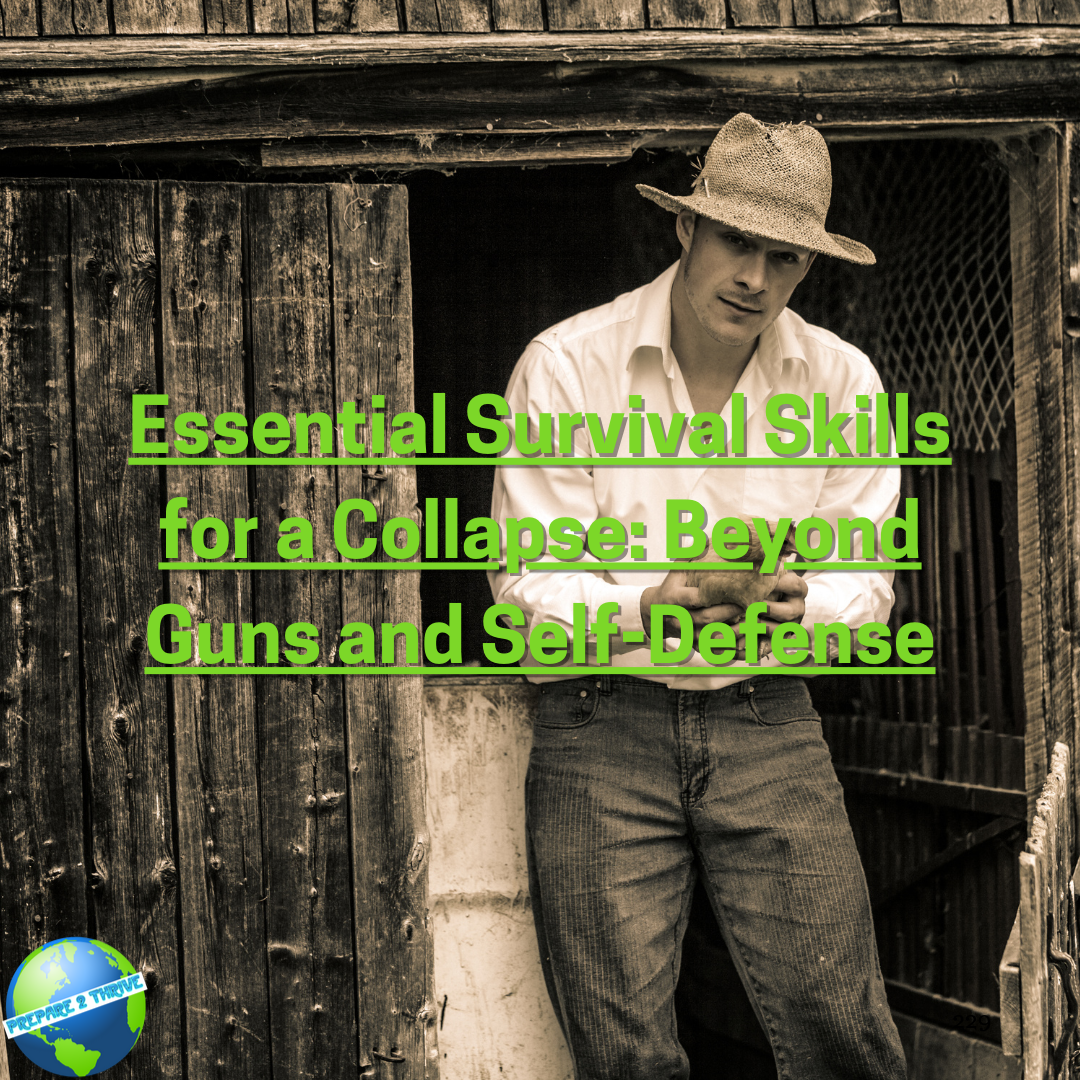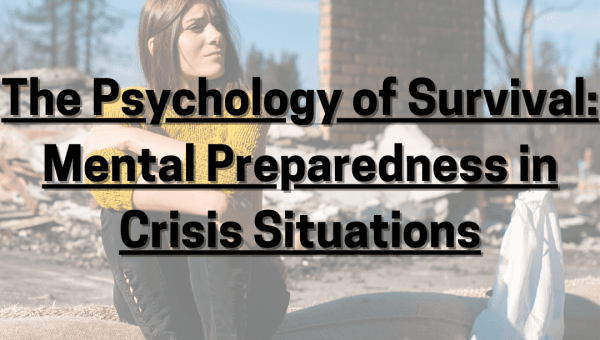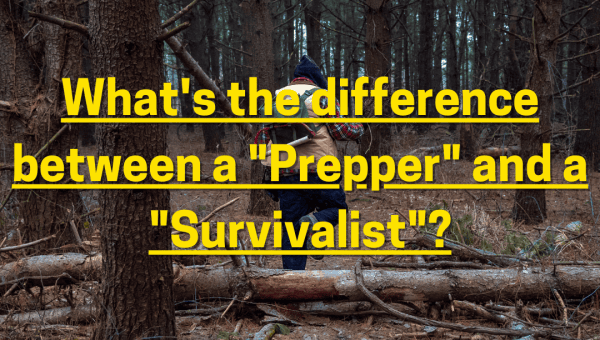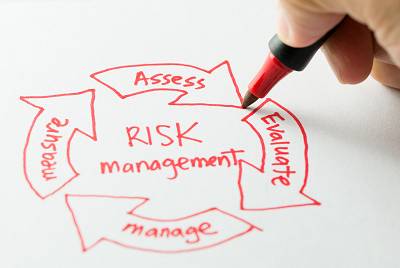When we imagine a world thrown into chaos by an economic collapse or social anarchy, it’s tempting to think that guns and self-defense would be the most important tools for survival. However, history, particularly the experience of the Great Depression, teaches us that while security is important, the skills needed to survive-and even thrive-are much broader. Practical, everyday survival skills, such as cooking, sewing, and agriculture, were essential in the 1930s, and would be just as valuable today in the event of a societal breakdown.
In this article, we’ll explore the most important skills you would need to sustain yourself and your community if modern conveniences disappeared.














 Focus: Preppers tend to focus on being prepared for natural disasters, economic collapse, or other disruptions in society. Survivalists, on the other hand, tend to focus more on the ability to survive in a wilderness or post-apocalyptic scenario.
Focus: Preppers tend to focus on being prepared for natural disasters, economic collapse, or other disruptions in society. Survivalists, on the other hand, tend to focus more on the ability to survive in a wilderness or post-apocalyptic scenario.



 Failing To Evaluating Your Risk
Failing To Evaluating Your Risk